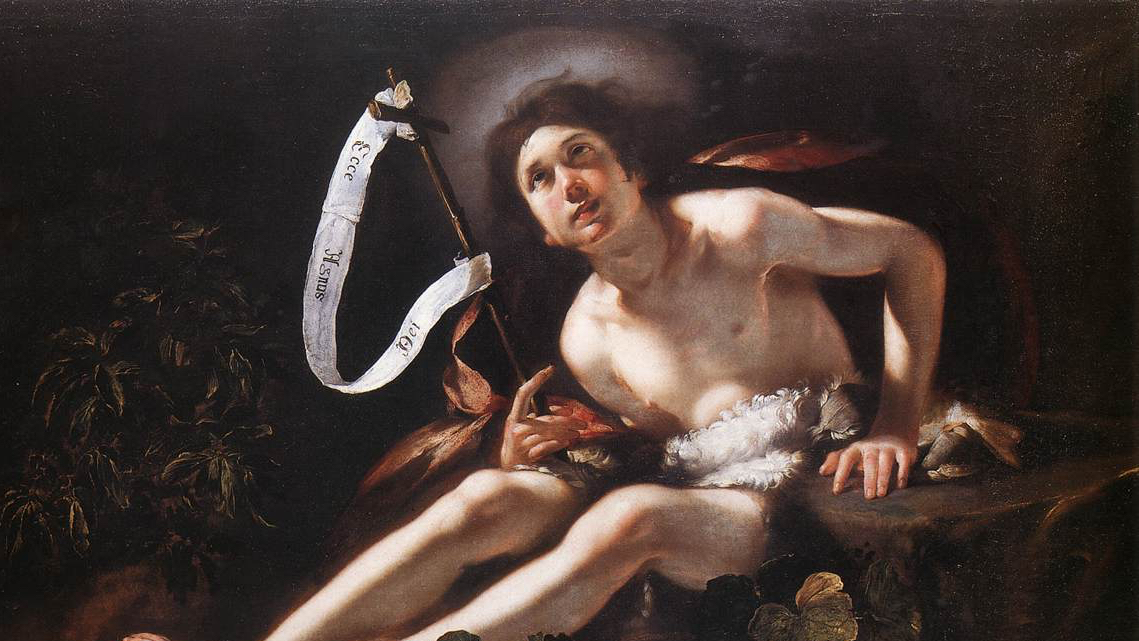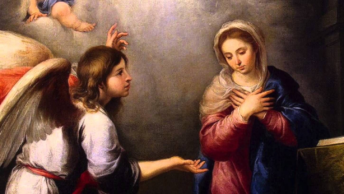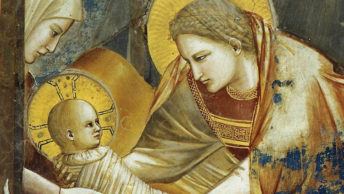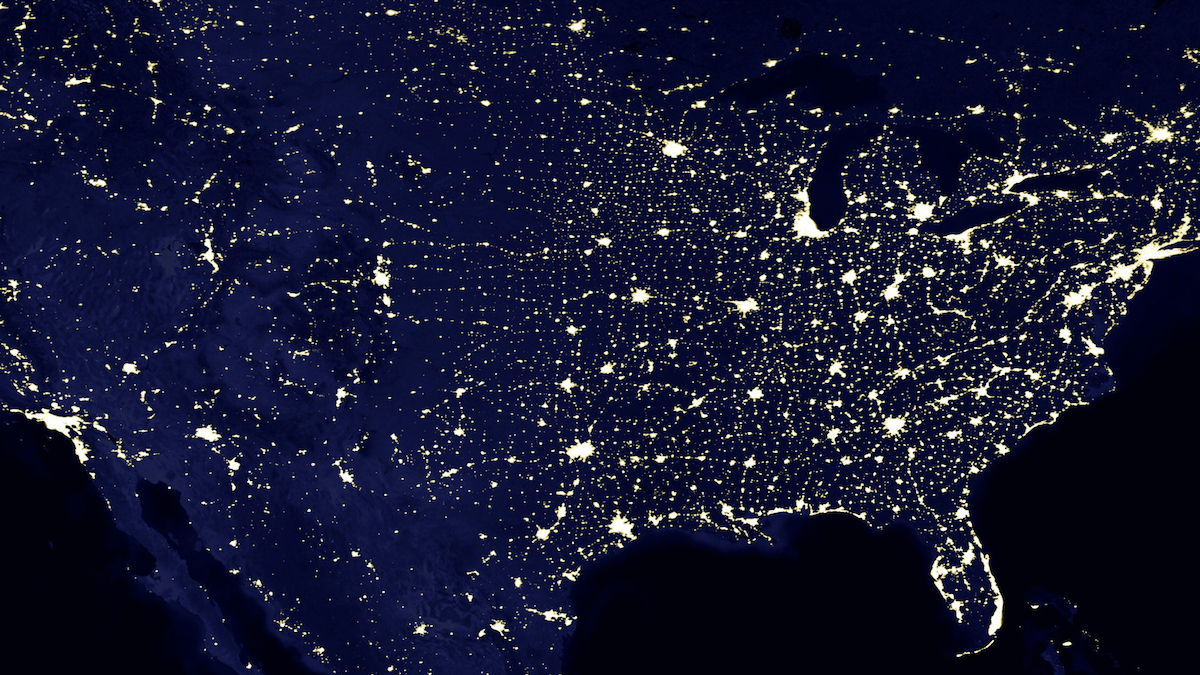A priest wrote an amusing description about a case of mistaken identity he experienced one Halloween. He said, “When I was in fourth grade I was enthralled with [the fictional hero] Zorro and was excited to wear my costume and parade around the neighborhood for treats. I put on my black boots, black shirt and pants, black sombrero and mask, and left on my crusade. However, I began to become slightly depressed when I quickly realized that no one had any idea who I was. When I rang the doorbell of my elderly next-door neighbors, they opened their door and began to laugh. ‘Whoa! It’s Johnny Cash!’ They shouted, ‘Can you sing “Burning Ring of Fire?” Sheepishly, I had to tell them that not only was I not Johnny Cash, but I had no idea who that was. Things did not get any better. Two houses later, a woman opened the door and thought I was the Hamburglar from McDonald’s. ‘No cheeseburgers here,’ she chided. ‘This is the worst costume ever!’ I began to seethe. A group of my mom’s friends stopped to get a picture with me as I journeyed along, and I began to feel vindicated after such embarrassment. However, I was still grossly misunderstood. ‘Father Guido Sarducci,’ one of them exclaimed [referring to the fictional Vatican City gossip columnist on Saturday Night Live]. ‘I haven’t seen that outfit in years.’ I was not amused, not in the least.
“As I began to make my way homeward, I could not shake the feeling as though the whole Halloween had been a waste. I can even remember thinking, ‘When I get home, I am burning this outfit!’ Then finally it happened. ‘Hey Zorro!’ a young couple exclaimed from the porch of their house. ‘Did you leave your horse at home?’ ‘Yes,’ I replied, ‘and thank you for noticing!’ I didn’t even stop to get candy, but instead I ran home filled with joy that someone finally knew my identity” (Fr. Michael Ackerman, “A Case of Mistaken Identity,” The Priest, October 2019, p. 54). As human beings, we have a deep inner need not only to discover our true selves, but also to have our identity recognized and acknowledged by others. If this is truly to happen, however, we must seek to know and fulfill God’s plan for our lives—for only through His grace can we ultimately discover and become the persons we’re meant to be.
As we see in the Gospel of John (1:6-8, 19-28), the religious leaders were confused about the identity and mission of John the Baptist, wondering if he was claiming to be Elijah, or a prophet, or even the long-awaited Messiah. John dismissed these ideas, and instead called himself a voice crying out in the wilderness. He knew it was his mission to prepare the Lord’s way, and he found great peace and satisfaction in doing so, humbly acknowledging his role as only a messenger of the One Who was coming. As foretold in the Book of Isaiah (61:1-2, 10-11), the Spirit of the Lord was upon John, enabling him to bring glad tidings to the poor and to announce a year of favor and a day of vindication by God. John grew in holiness and became spiritually great—indeed, one of the greatest of all the saints—by accepting and fulfilling His calling from God. St. Paul (1 Thes 5:16-24) tells us that we must not quench the Spirit by ignoring or rejecting the Lord’s summons; rather, we must pray to know His will for us and seek His help in carrying it out—just as John the Baptist did. This is how we will discover and rejoice in our true identity, while becoming perfectly holy and blameless in preparation for our eventual encounter with the Lord Jesus Christ.
The religious leaders who questioned John would, later on, largely turn against Jesus, but at this point they sincerely wanted to understand who John was. Many times today’s world confronts us about our identity—quite often in an unfriendly and disrespectful manner. If we take seriously the implications and demands of our religion, and defend our Catholic faith when it’s attacked, we may hear challenges like these, whether figuratively or even literally: “Just who do you think you are? Are you one of those judgmental, hypocritical Catholics who think they’re better than everyone else? Are you one of those anti-choice zealots who won’t acknowledge a woman’s right to her own body? Are you one of those doctrinaire Christians trying to impose their values on the rest of us? Why won’t you get with the program and be like the rest of us?”
Angry and unfair questions like these from other people, whether spoken to us aloud or silently thought about us, can be part of the price we pay for following Jesus. If we are truly His disciples, we may offend worldly people or make them uncomfortable, and they in turn may try to restrict and define our identity in a negative way. The Lord doesn’t want us to let this happen; as His witnesses, we must reflect His love for all people and share the truth that everyone is in need of, and invited to receive, His mercy. Just as John the Baptist would not allow the religious leaders of his time to define him or his mission, so we by the way we live must respond to the world’s hostility by proclaiming, “We are children of God, followers of Jesus, and members of His One True Church; we are redeemed sinners saved by the Blood of Jesus, and missionary disciples calling others to accept the gift of salvation we have already received.”
Years ago there was a trendy religious saying that went, “If you were on trial for being a Christian, would there be enough evidence to convict you?” In the light of our Gospel reading, that question is still relevant. Can people tell what we believe, and Whom we serve, by the way we live? Are our values noticeably different from those of our secular society? If people discovered that we are Catholic, would our lifestyle and example make them more likely, or less likely, to join the Church?
The Lord has a plan for each of us, a unique calling or vocation that will help us achieve true holiness and eternal happiness, give us opportunities to influence and help others, and allow us to become the persons we were created to be. Embracing our Catholic identity may involve a life of sacrifices and challenges, but it will also be a life filled with joy and many graces and blessings, and one free of emptiness and regret. Let us use these remaining days of Advent as a chance to deepen and rejoice in our identity as disciples of the Lord Jesus.








